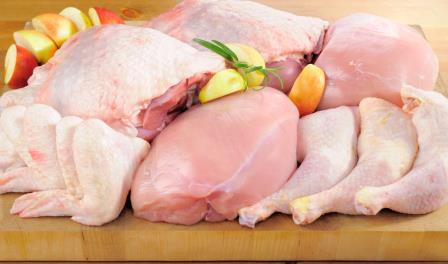When we think of Nigeria, a variety of associations often come to mind: picturesque landscapes, a passion for sports that can be expressed on surebet247.com, a rich culture and, of course, Nigerian cuisine. This national treasure reflects the country’s history, ethnic diversity and unique approach to cooking. Nigerian cuisine is not only a way to satiate hunger, but also an art that reaches into the hearts of people and connects them through a shared dining experience.
One of the key features of Nigerian cuisine is its diversity. With numerous ethnic groups and regions, each with their own unique traditions and preferences, Nigeria’s cuisine offers a wealth of flavours and textures. It combines influences from African, Arab, European, and Indian culinary traditions to create unique dishes that appeal to foodies from all over the world.
Nigeria has an ancient and rich history, and its cuisine is a reflection of this historical depth. The influence of the colonial past and trade links with other peoples and cultures has brought new ingredients, spices and cooking techniques to Nigerian cuisine. Nigeria is home to more than 250 ethnic groups, each with their own unique culinary traditions and dishes. Each group contributes to Nigerian cuisine, presenting a variety of flavours, textures, and spices.
You must try this
Nigerian cuisine makes extensive use of local produce and ingredients that reflect the country’s abundance of natural resources. These ingredients include yams, cassava, palm oil, peanuts, fish, meat and various fruits and vegetables. These ingredients play an important role in creating the unique flavours and aromas of Nigerian cuisine. Local cuisine is also characterised by the use of traditional cooking methods that have been passed down through the generations. For example, the use of a mill to grind ingredients or a traditional campfire for cooking over an open fire gives dishes a distinctive flavour and authenticity.
One of the most famous and common dishes in Nigerian cuisine is jolof rice. This is fragrant rice fried in special tomato sauces and seasoned with various spices such as pepper, turmeric, onion, and curry. Jolof rice is often served with meat or fish, and with vegetables or beans. It is a vibrant and delicious representative of Nigerian cuisine and a symbol of conviviality and hospitality.
Another popular dish is suya, a Nigerian kebab. It is made from meat (usually beef or goat meat) marinated in a special sauce consisting of peanut paste, chilli pepper, lemon juice and spices. The meat is then roasted over an open fire or grilled to give it its characteristic flavour and texture. Suya is not only a delicious dish but also an important part of social gatherings and celebrations in Nigeria.
When it comes to Nigerian cuisine, one cannot fail to mention pondo yam, a traditional dish of yam root boiled in palm oil sauce and seasoned with spicy paprika and spices. Pondo yam is a delicate and rich dish which is typically served with meat or fish and vegetables or fruits. It reflects the richness of the Nigerian land and love of natural ingredients.
A symbol of fellowship and hospitality
Food culture in Nigeria also serves an essential social function. Lunches and dinners of families, friends, and neighbours bring people together, creating an atmosphere of sharing and participation. Cooking and eating are accompanied by conversation, laughter and joy, strengthening bonds between people and allowing them to enjoy the tastes and flavours of Nigerian cuisine.
Nigerian cuisine is a pride and a heritage that has been passed down from generation to generation. It reflects the history, tradition, and strength of this amazing country. The way to the heart through the stomach in Nigeria is not just a phrase, it is a true expression of how food can bring people together and create unforgettable experiences.
If you want to know the culture and heart of Nigeria, try Nigerian cuisine. Discover the flavours and aromas it offers. Let yourself become part of this rich culinary heritage and enjoy the journey to the heart of Nigeria through your stomach.





